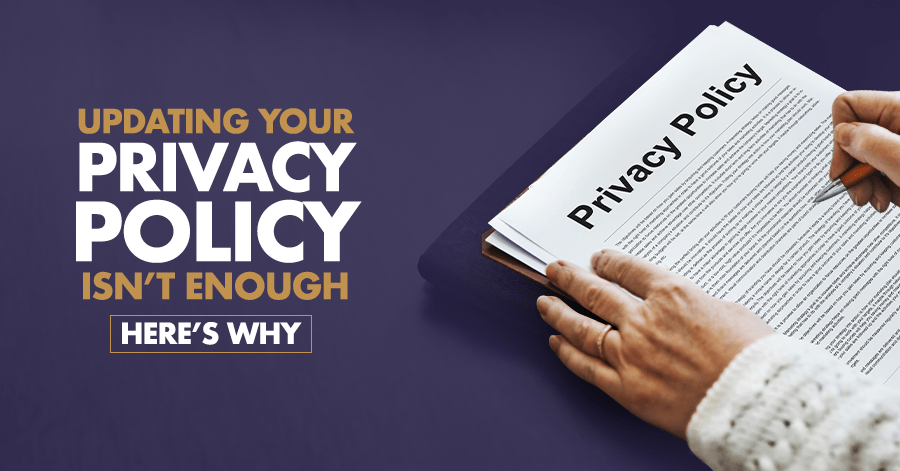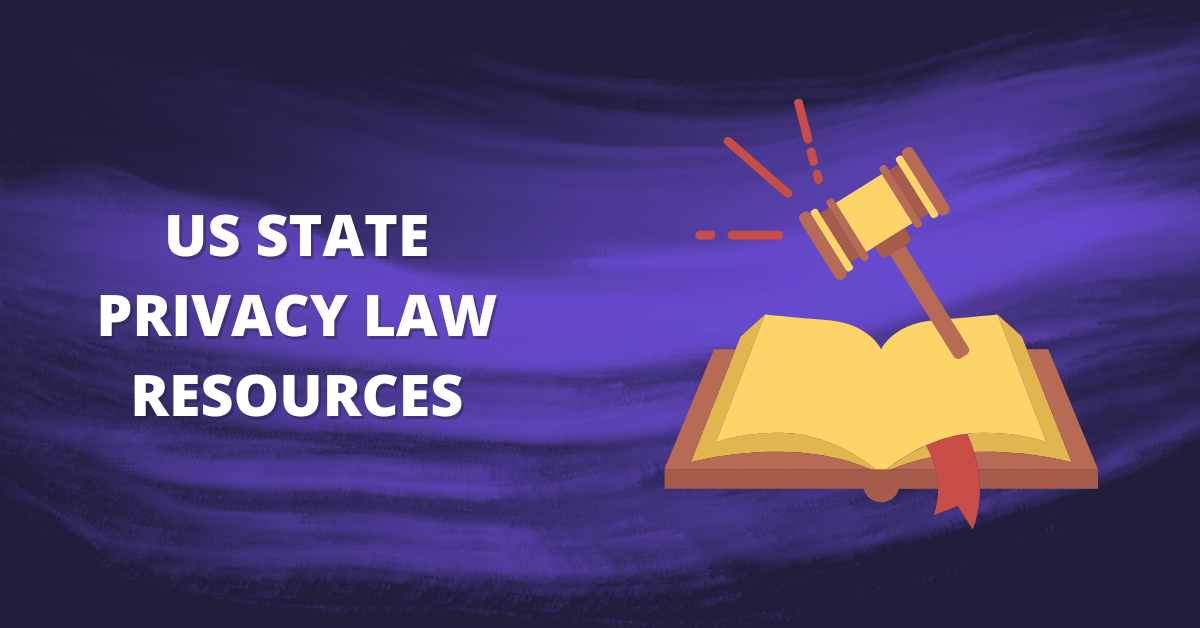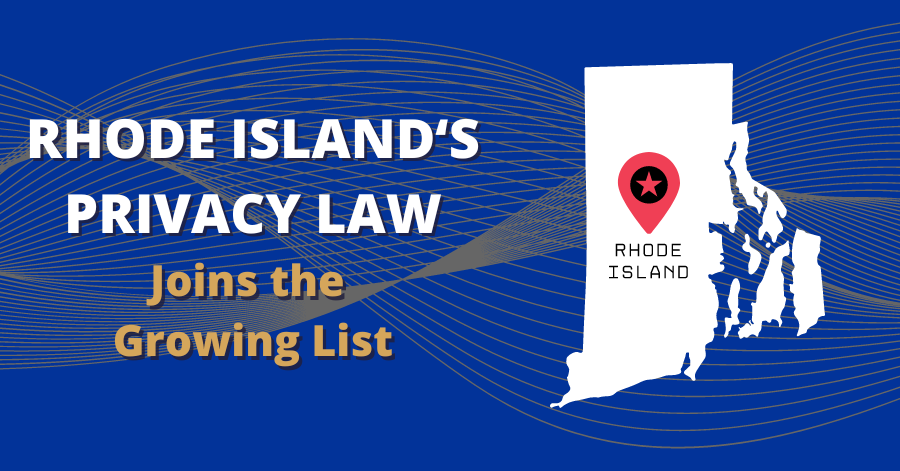New State-Specific AI Laws in the US: A Quick Look


As artificial intelligence technology advances, governments scramble to pass laws regulating its use. These laws aren’t limited to high-level governmental bodies like the US federal government or the European Union. In early February 2024, three different states prioritized their regulations addressing different AI-related concerns. Let’s take a quick look at each.
Illinois: The Automated Decision Tools Act

On February 8, the Automated Decision Tools Act (HB5116) was read to the Illinois State Senate for the first time. The bill was moved to the Rules Committee later that day.
The Act’s primary purpose is to protect individuals from opaque AI decision-making. The legislation requires transparency and accountability for systems used in making significant decisions affecting individuals, such as employment, housing, and access to services. This law likely draws some inspiration from the GDPR’s stipulation that AI cannot make potentially significant choices for data subjects on its own.
Track the progress of the Automated Decision Tools Act here.
Utah: The Artificial Intelligence Policy Act

On January 25, the Artificial Intelligence Policy Act (Senate Bill 149) was introduced to the Utah House of Representatives. On February 13, the bill was read on the House floor for a third time.
Utah’s law emphasizes transparency and accountability in state agencies’ use of AI technologies. The law mandates a review process for AI systems to assess their impact, biases, and privacy concerns before deployment. This proactive approach aims to build public trust in AI applications by ensuring they are fair, reliable, and respectful of privacy.
Read the full text of the Artificial Intelligence Policy Act here.
Update: On March 13, 2024, Utah Governor Cox signed this bill into law. Regulations go into effect on May 1, 2024.
Hawaii: The Artificial Intelligence Safety & Regulation Act

Hawaii actually has two companion bills addressing AI concerns: HB 2176 HD1 and SB 2572, referred to as the Artificial Intelligence Safety and Regulation Act. SB 2572 was referred to Senate Committees on January 24. HB 2176 HD1 followed on February 13 with its introduction to the Hawaii State Legislature.
Together, these bills focus on collaborative oversight of AI by a proposed working group. This body will comprise experts from various sectors, tasked with evaluating the use of AI across industries and recommending regulatory frameworks. The goal is to balance innovation with ethical considerations, ensuring AI benefits are maximized while minimizing potential harms.
Track the progress of HB 2176 HD1 here, and the progress of SB 2572 here.
A Mosaic of State-Level AI Regulation
The initiatives in Utah, Hawaii, and Illinois illustrate the diverse approaches states are adopting to govern AI. From ensuring transparency and accountability to fostering collaboration and protecting individual rights, these laws represent a mosaic of strategies aimed at navigating the complex landscape of AI. As AI continues to permeate every aspect of society, the experiences of these states could offer valuable lessons for others to follow, potentially informing future federal legislation on AI.
One key principle that features prominently in these new laws, as well as virtual every other privacy law, is consent. Users deserve to know how their data is being collected and processed. And with 4Comply, keeping track of user consent has never been simpler. Our privacy compliance software makes marketing within your legal limits a simple part of the workday. Get in touch with us today for a free demo.



